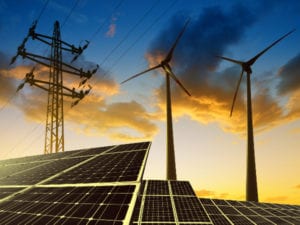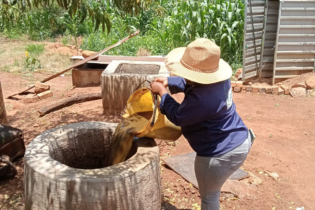The South African Mineral Resources and Energy Minister Gwede Mantashe recently announced that Schedule 2 of the Electricity Regulation Act (ERA) was currently being revised.
The revisions will accommodate “self-generation and facilitate municipal generation options”. The revisions are expected to allow power plants with a capacity of between 1 – 10 MW to not be required to obtain a generation licence, but to register with NERSA. Presumably, power plants that produce above 10 MW will require a licence, although it is not clear whether these plants will still require a ministerial deviation from the IRP (as is currently the practice). It is hoped by industry that more ministerial deviations will follow in the next two years, as the IRP only imposes a cap (500 MW) on distributed generation from 2022. These changes are not surprising in the South African context, where power cuts have had significant impacts on the private sector and particularly the mining industry. The changes are also aligned with the global energy transition towards a clean and decentralised energy system.It is not clear whether reference to “self-generation” will include independent power producers that sell power privately to end users, usually through corporate power purchase agreements (PPAs).
Assuming that the revisions will allow corporate PPAs, we can expect an increase in corporates looking at them due to their advantages. Advantages include:- Corporate PPAs offer the corporate an opportunity to negotiate and control their power prices
- large energy users, such as mines and other industrial customers, will be able to at least partially overcome the ongoing power cuts disrupting their business operations
- The capital cost of the plant can be kept off the corporate’s balance sheet through the use of a corporate PPA and operation and maintenance of the plant can be performed without the significant involvement of the corporate’s personnel
- Plants utilising renewable energy will offer the corporates quick and effective mechanisms to address their sustainability targets.
- Consents and approvals from the grid operator may still be required and should not be overlooked
- Developers of projects that will require licences should be cognisant of the current conditions of a generation licence imposed by NERSA, including the need to provide technical information, proof of financial feasibility, a signed power purchase agreement showing the tariffs and an outline of the economic benefits of the project to the community and South Africa.
- Projects that are co-located on mine areas may have additional regulatory compliance obligations (such as the Mine Health and Safety Act of 1996),which must be taken into account in costing
- The construction of the power plant must not interfere with mining operations, meaning power plant contractors may be required to take on more liability than usual
- Given the expected life of some mines, it could be that a PPA term of 15 to 20 years may not be feasible.







